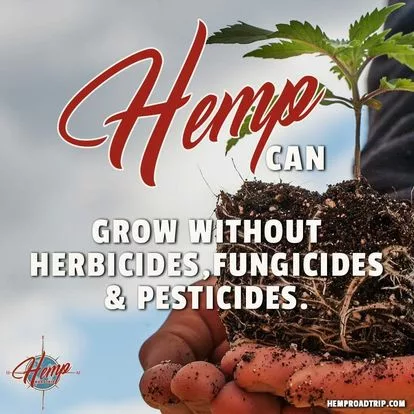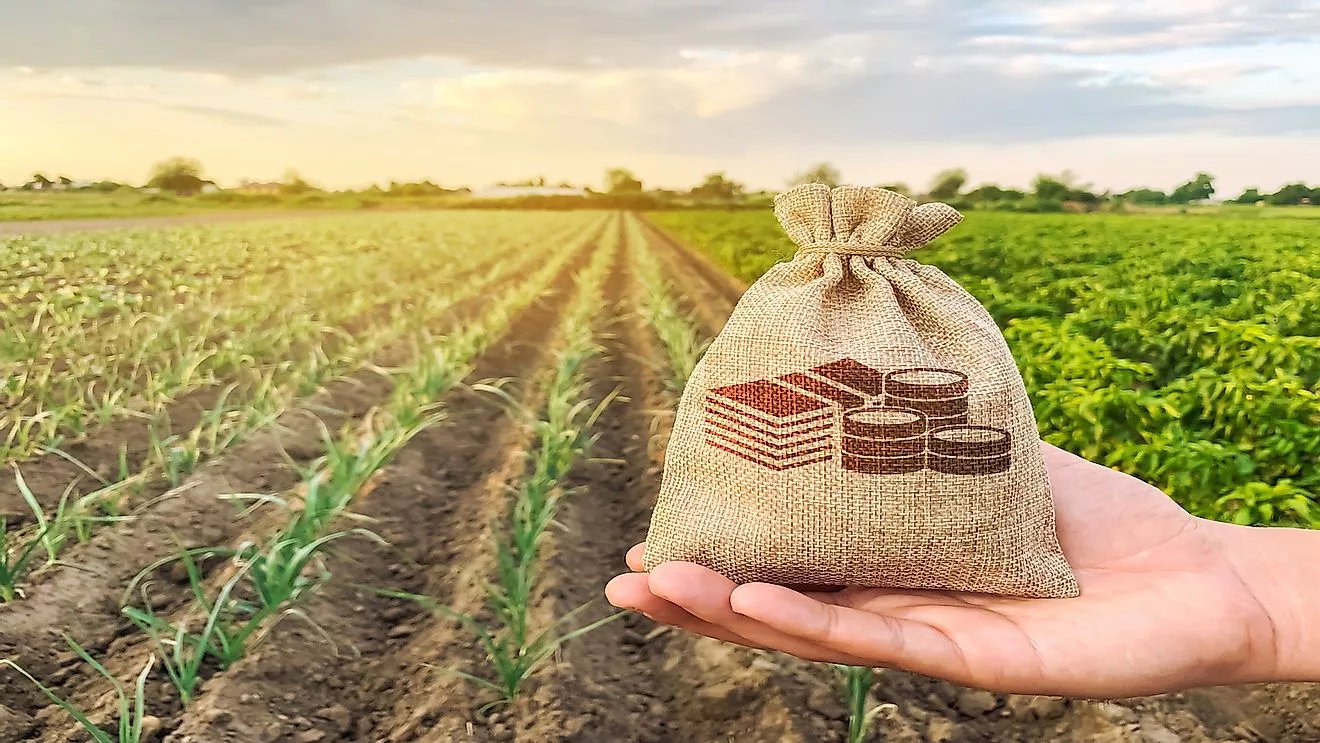
Hemp is a naturally resilient crop that possesses several inherent characteristics that make it less susceptible to pests, diseases, and weeds, reducing the need for pesticides, fungicides, and herbicides. Here are some of the key factors contributing to hemp’s ability to thrive without the use of these chemicals:
- Deep Root System: Hemp plants develop a deep and extensive root system, enabling them to access water and nutrients from deep within the soil. This deep root system also helps to suppress weeds by competing for resources and shading out potential competitors.
- Dense Canopy: Hemp plants grow tall and produce a dense canopy of leaves, which provides shade for the ground below, hindering the growth of weeds. This shading effect also helps to maintain soil moisture and prevent erosion.
- Natural Resistance to Pests: Hemp plants contain natural compounds that repel or deter pests, such as cannabinoids and terpenes. These compounds act as a natural defense mechanism, reducing the need for insecticides.
- Adaptive Immunity: Hemp plants have the ability to adapt their defense mechanisms in response to specific pests or diseases. This adaptive immunity helps to protect the plant from infection and reduce the need for fungicides.
- Allelopathic Properties: Hemp plants produce certain allelopathic compounds that can suppress the growth of nearby plants, including some weeds. These compounds act as natural herbicides, reducing the need for chemical herbicides.
- Companion Planting: By planting hemp alongside other crops, farmers can create a natural pest management system. For instance, intercropping hemp with legumes can help to control aphids, while planting hemp near tomatoes can repel whiteflies.
- Crop Rotation: Implementing crop rotation practices, where hemp is alternated with other crops, can help to break pest and disease cycles and reduce the need for chemical interventions.
- Integrated Pest Management (IPM): Integrating hemp into an IPM strategy, which combines cultural, biological, and mechanical control methods, can effectively manage pests and diseases without relying solely on chemical pesticides.
By harnessing these natural characteristics and employing sustainable agricultural practices, hemp cultivation can be achieved without the use of pesticides, fungicides, and herbicides. This not only benefits the environment by reducing the use of harmful chemicals but also promotes a healthier ecosystem and ultimately produces hemp products that are free from chemical residues.

